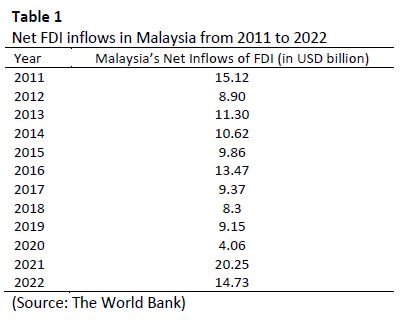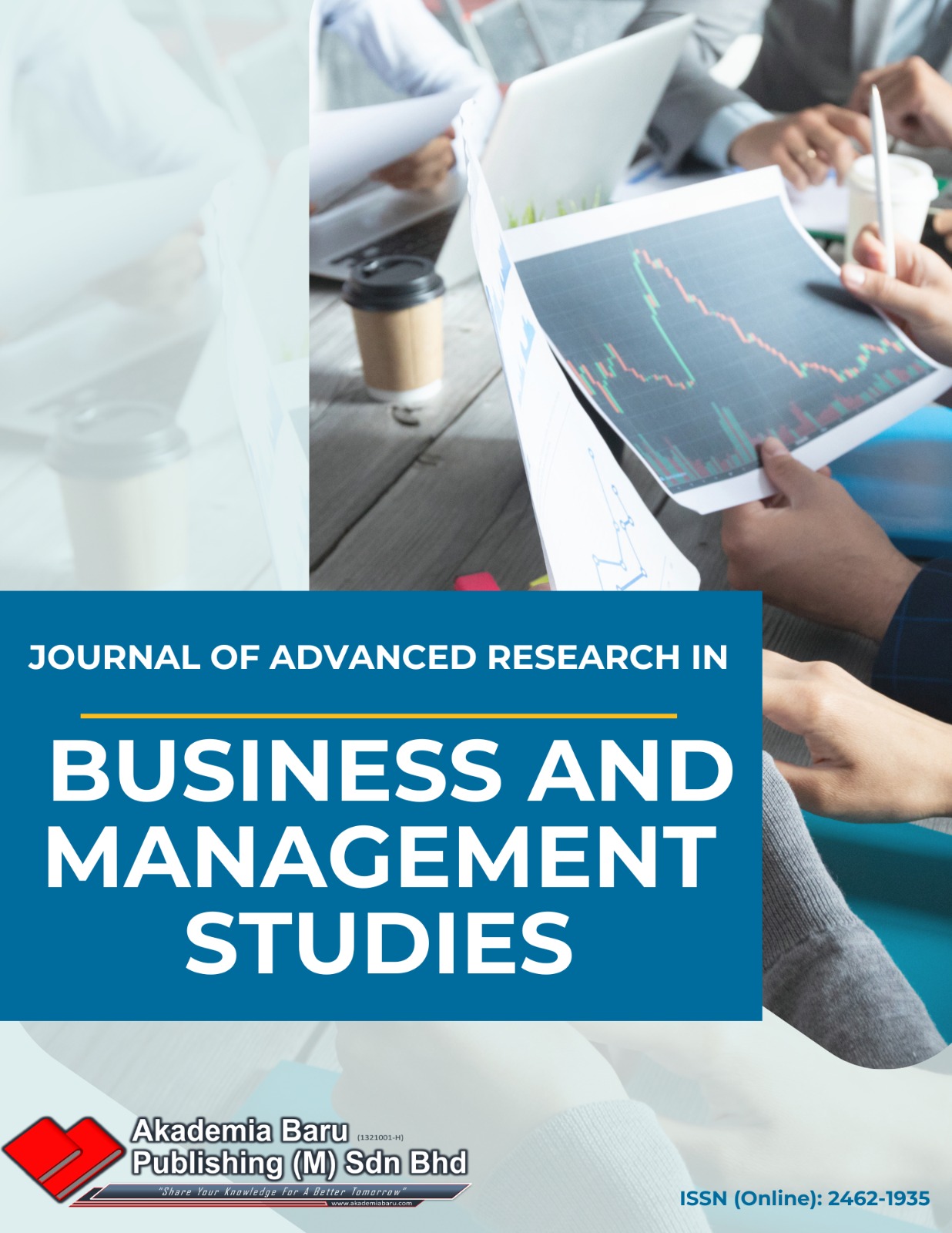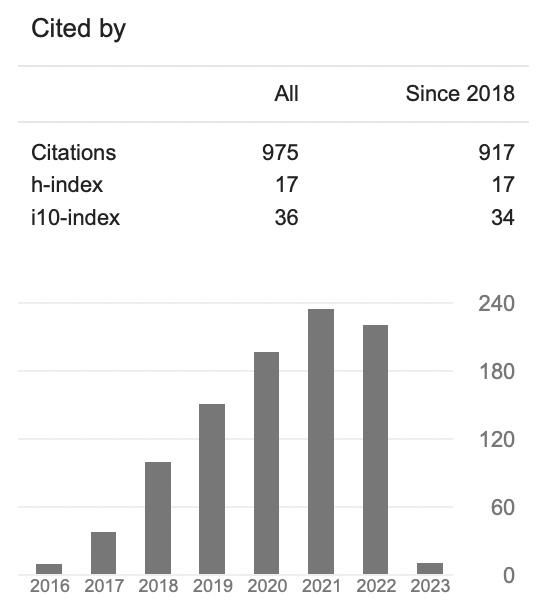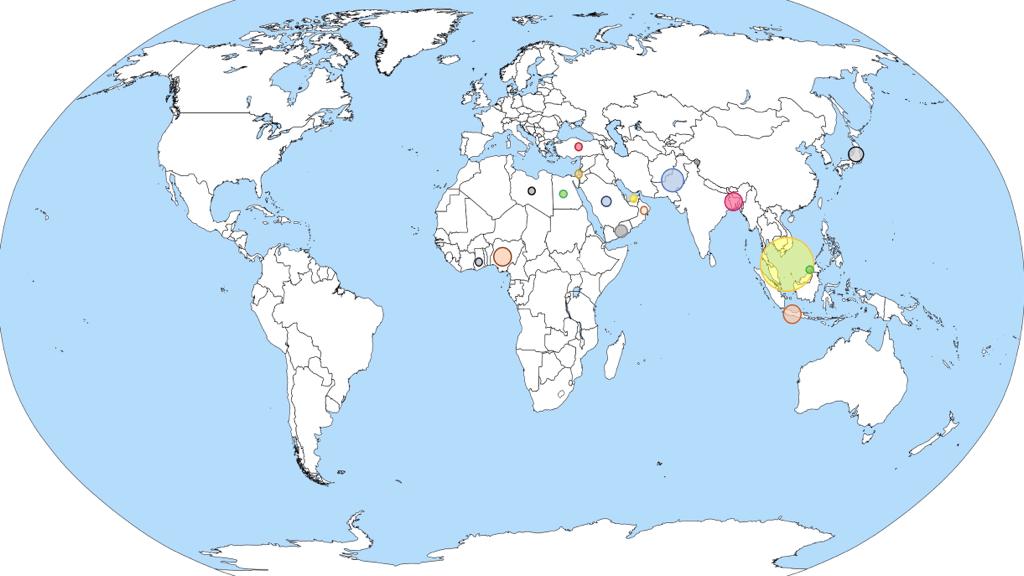Do Corruption and Peace Factors Affect the Inflow of Foreign Direct Investment? Malaysian Evidence
DOI:
https://doi.org/10.37934/arbms.34.1.6170Keywords:
FDI, corruption perception index, global peace index, macroeconomic variables, MalaysiaAbstract
Corruption has been the major enemy of a nation and economic development. Nowadays, investors have been very particular in investing their money, where qualities such as transparency, integrity, and good governance are considered when making their investment decisions. In addition, the elements such as national security and stability become parts of the influencing factors in the investment evaluation. Apparently, in recent decades, the world has been faced with these two threats not only politically but economically as well. Therefore, this study aims to examine the relationship and effect of corruption and peace factors on the inflow of foreign direct investment (FDI) in Malaysia from year 2011 to 2020. This study also investigates the association and impact of the two selected macroeconomic variables, namely the government expenditures and unemployment rate on the Malaysian FDI inflow. The times series annual data was analyzed based on the correlation and multiple regression tests (ordinary least square, OLS). The data was obtained from several sources such as the World Bank and Thomson Reuters DataStream. The OLS regression results show that corruption negatively influences the FDI while the peace factor has a positive impact on the FDI. As for the macroeconomic factors, government expenditures have a positive effect whilst the unemployment rate negatively impacts the FDI. These results are consistent with and in support of the previous studies. Overall, the four variables selected have explained the variation in the FDI by 87% and the variables fit in the model based on the p-value of less than 10%. Conclusively, the findings have significant implications specifically for the government or policymakers in combating corruption and enhancing national security and stability, to the investors and industry players in making investment and economic decisions besides adding to the existing literature on the relationship between corruption and peace factors with the FDI that is still much lacking in the Malaysian context.

















